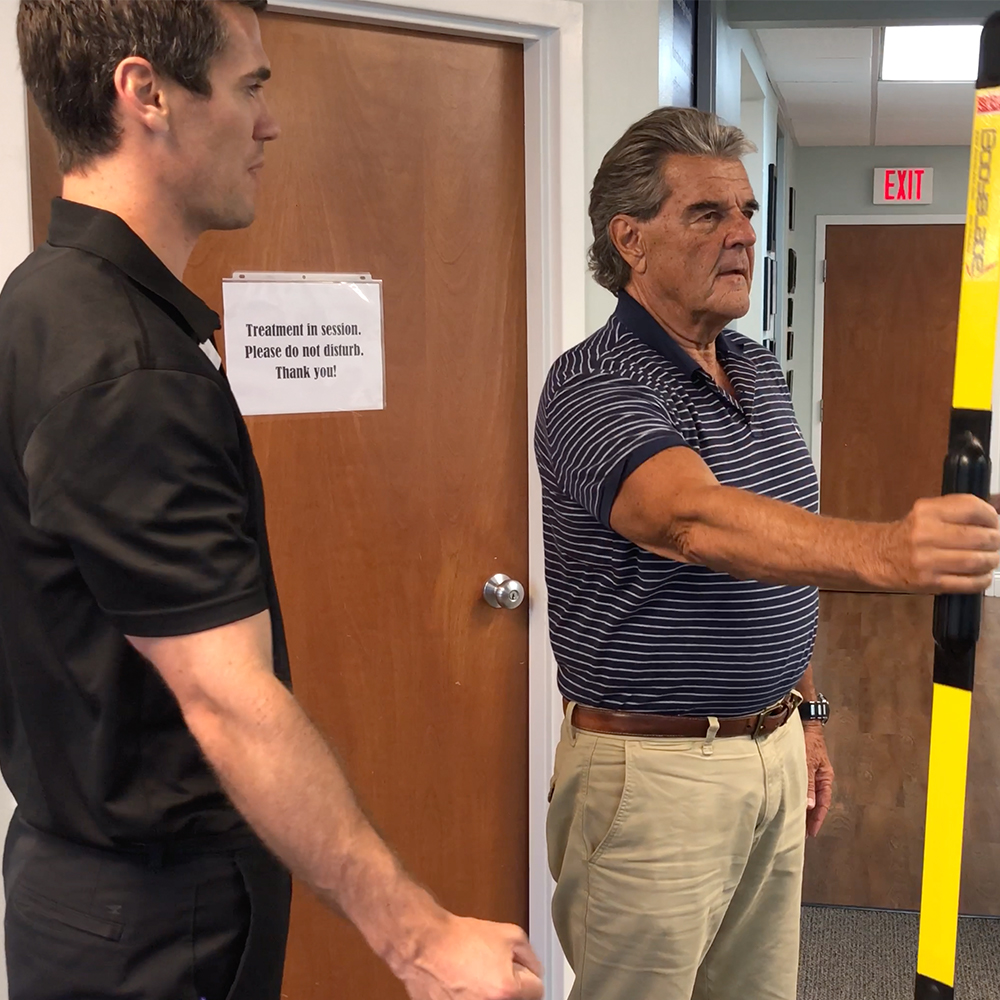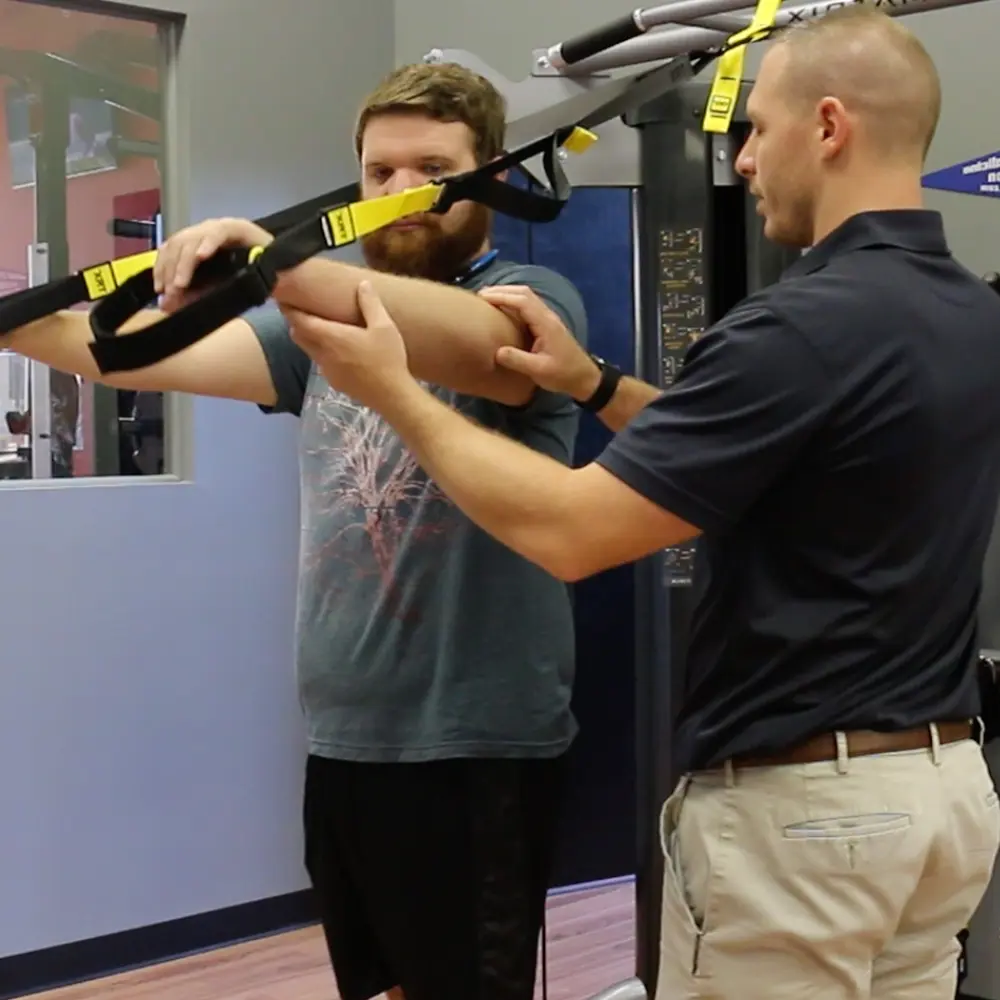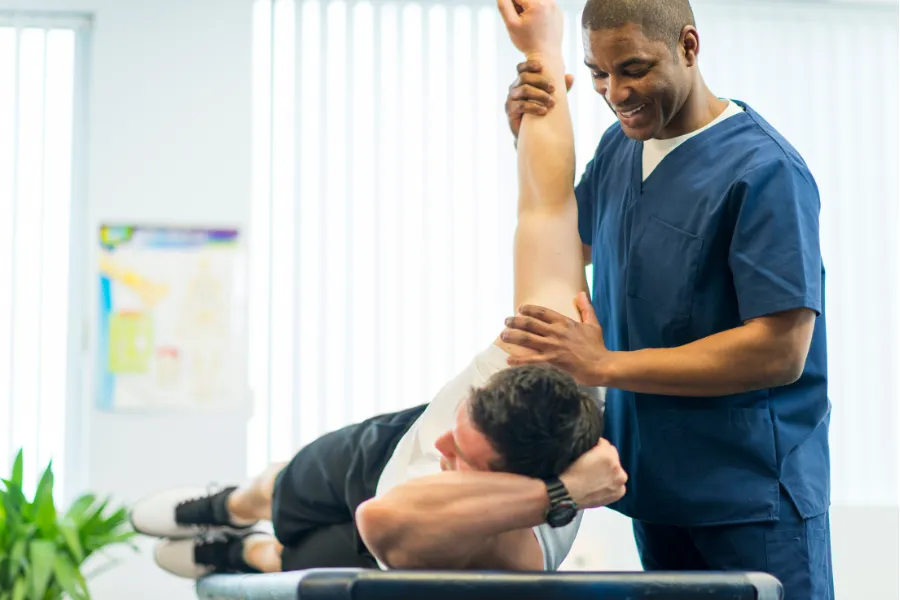Physical Therapy
There is a high probability that you already know what a physical or an occupational therapist does, even if you have not been treated by one personally. It is likely that you have heard about how a therapist helped a friend or family member get through a knee surgery, a shoulder Injury, or recover from a hand injury. But, who are we? How are we trained? How is a PT different tom an OT? How might we be able to help you?

Physical Therapy
There is a high probability that you already know what a physical or an occupational therapist does, even if you have not been treated by one personally. It is likely that you have heard about how a therapist helped a friend or family member get through a knee surgery, a shoulder Injury, or recover from a hand injury. But, who are we? How are we trained? How is a PT different tom an OT? How might we be able to help you?






